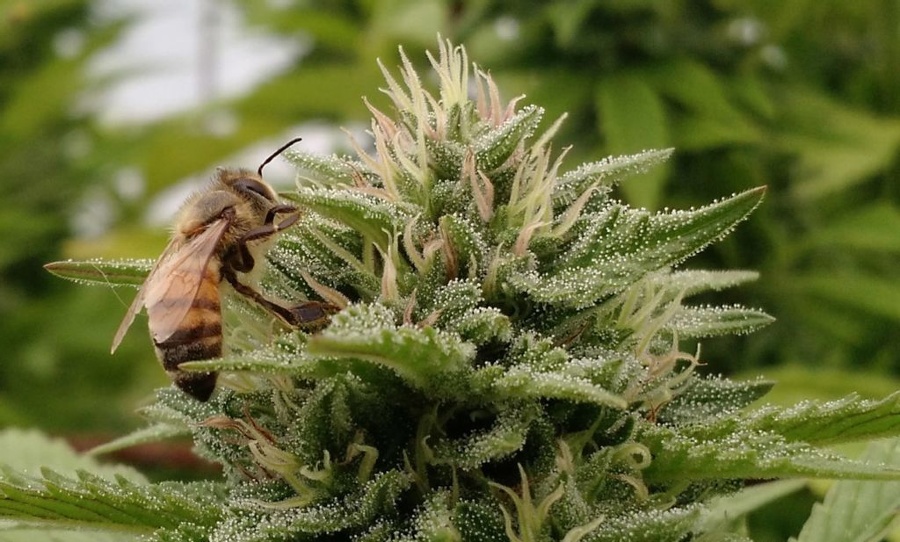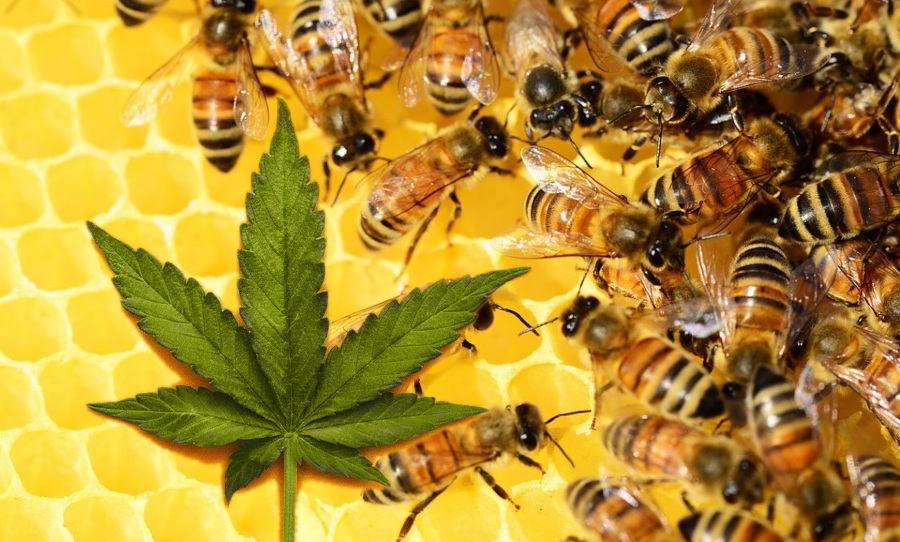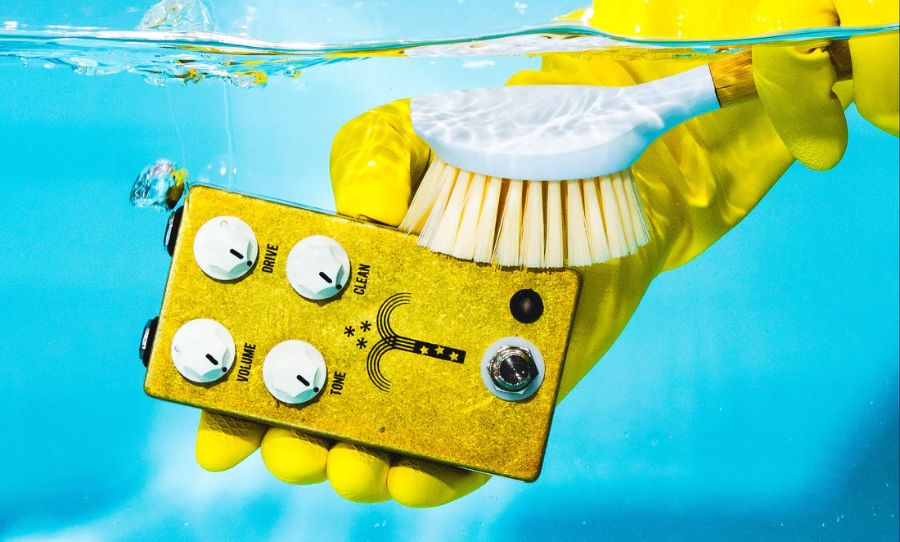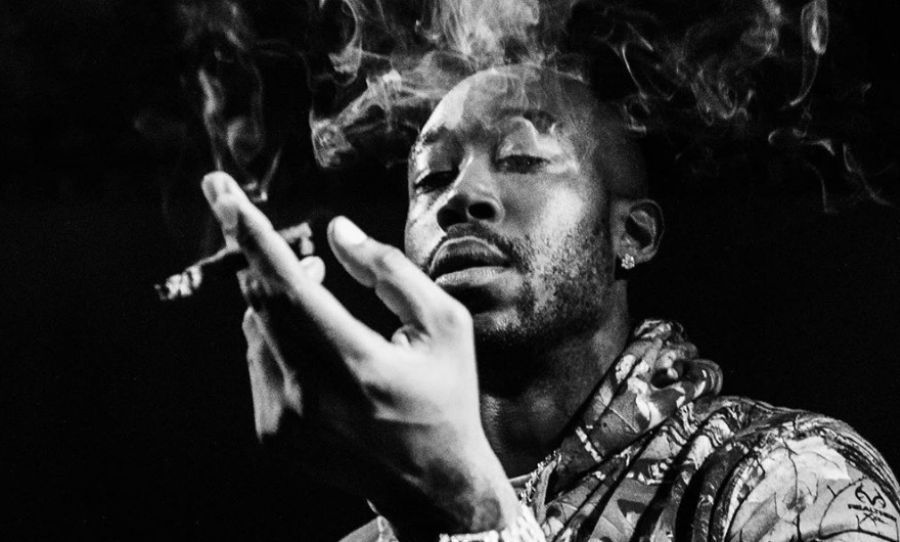A new study has discovered that not only do bees love and thrive off Cannabis, but it’s also a possible solution to their dwindling populations around the world.
Bees really love pollen, it’s pretty much the nectar for which they live, die, and procreate so that they can create sweet, sticky goo. However, a study from Cornell University has discovered that bees are extremely attracted to the pollen produced by the sticky icky, hoo-wee! (Cannabis).
The study published in the journal Environmental Entomology found that bees gravitate towards marijuana plants because of their unique flavour of pollen, which supports findings of a similar study from Colorado University which opens up possibilities for increasing bee populations (that’s good).

Bees don’t exactly get high (that we know of), but it’s 17 times more likely that they will gravitate towards taller weed plants.
“Plant height was strongly correlated with bee species richness and abundance for hemp plots with taller varieties attracting a broader diversity of bee species,” the study described.
“Because of its temporally unique flowering phenology, hemp has the potential to provide a critical nutritional resource to a diverse community of bees during a period of floral scarcity and thereby may help to sustain agroecosystem-wide pollination services for other crops in the landscape.”
Despite the bees’ undeniable chemistry with the wonder plant, it would appear they mightn’t be attracted for the same reasons as humans. Bees do not have any cannabinoid receptors, the key ingredient necessary to get buzzed from the chemicals present in marijuana.
https://twitter.com/i/status/1339279225275092992
Bees are attracted to bright and colourful plants with sweet nectar, which would typically be found in flowers. This leaves many to speculate which bees are choosing cannabis, which is neither bright nor sweet.
The study is crucial for several reasons, as by introducing marijuana crops next to fruit and vegetable crops, it could increase the cross-pollination that would stimulate growth for both crops. Also, hemp doesn’t require lots of water or pesticides. This in turn can also create a healthier ecosystem for bees to re-populate in.
This study could be the start of something big for the re-population of bees worldwide, considering the changing attitudes towards drugs, especially weed, across the globe. We can only hope that our world can coexist in harmony when we are all eating our delicious fruits and vegetables, rolling spliffs, and praising our insect saviours.



